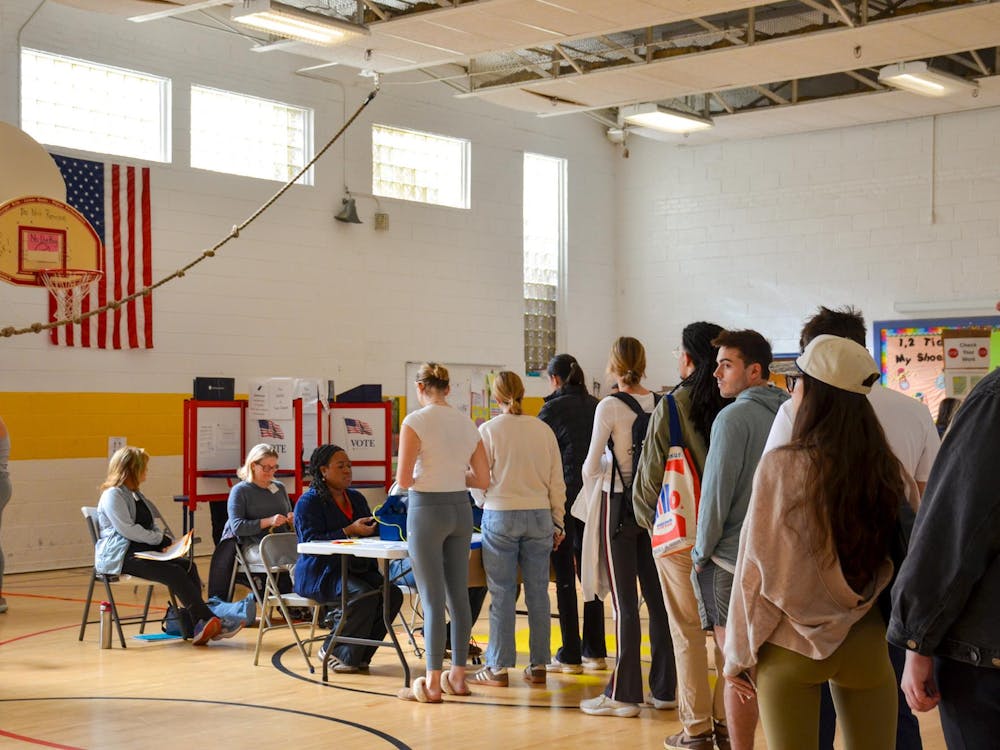Google, the Authors Guild and the Association of American Publishers announced the settlement of a three-year lawsuit last week that may affect Google Book Search partnerships with a number of academic institutions, including the University.
In the class-action lawsuit, filed by the Authors Guild in 2005, authors and publishers expressed concerns that Google’s scanning of books for Google Book Search violated copyright law. Under the terms of the settlement, which has yet to receive court approval, Google will pay $125 million to establish a Book Rights Registry, which will serve to pay authors and publishers of books that have been scanned already and to cover for the costs of the lawsuit. Academic institutions will also be able to purchase subscriptions to access the books Google Book Search scans.
Google CEO Eric Schmidt said Google has been scanning books for years to give students easier access to information.
“The purpose of the lawsuit and settlement — and we’re very happy about the settlement — is to create a market for books that are still in print but not very accessible,” Schmidt said. “Basically, [the books are] around, but they’re not easy to reach.”
The University’s opinion on the settlement remains uncertain. When asked to comment on forthcoming changes University users of the Google Book system can expect as a result of the settlement, Charlotte Morford, director of communications for the University Library, said it is too early to say.
The University “has been involved with the Google Book project since November 2006,” Morford said. “The benefit is primarily that it enables us to make digital collections available to students and faculty far more quickly than if we tried to do it ourselves.”
The University was one of the first 10 partners to join the project when it was originally launched, Morford said, and the University continues to have a unique relationship with the project.
“We do have very strong collections in American literature and history, and there may be some resources in there that other libraries do not have or don’t have copies,” she said.
The Harvard University Library, on the other hand, has announced it will no longer partner with Google Book Search.
“The settlement contains too many potential limitations on access to and use of the books by members of the higher education community and by patrons of public libraries,” Harvard University Library Director Robert C. Darnton stated in a letter to his staff, according to the Harvard Crimson. “The settlement provides no assurance that the prices charged for access will be reasonable ... especially since the subscription services will have no real competitors [and] the scope of access to the digitized books is in various ways both limited and uncertain.”
Stanford University, the University of California and the University of Michigan recently supported the settlement in a press release issued by the Authors Guild.
“The settlement agreement provides an unprecedented and extraordinarily valuable service to the American public,” the press release states. “This is a service that libraries, because of copyright restrictions, could not offer on their own and goes well beyond what would have been possible.”
Morford noted the University of Virginia still needs to examine the settlement in detail.
“We will be reviewing the language of the settlement over the next few weeks, which was just received, and is quite lengthy,” she said. “Once we have done that review we’ll be able to report back to the broader University community on our recommendations.”






